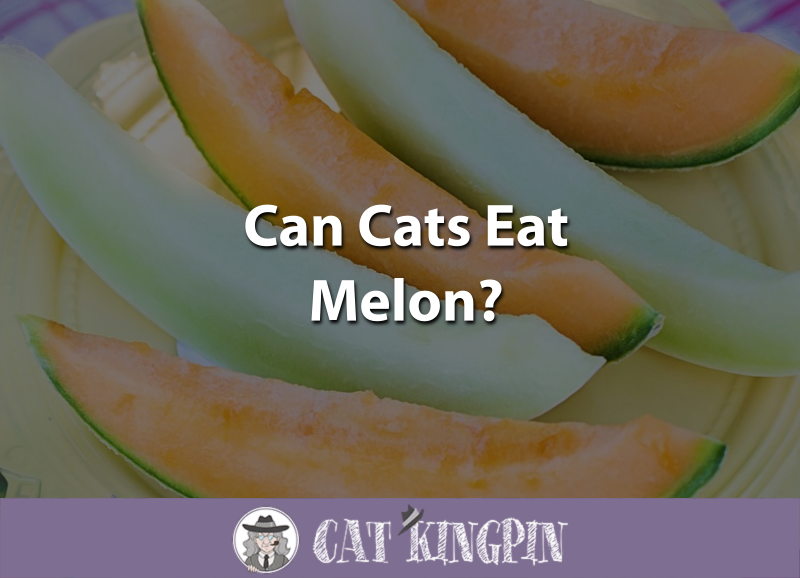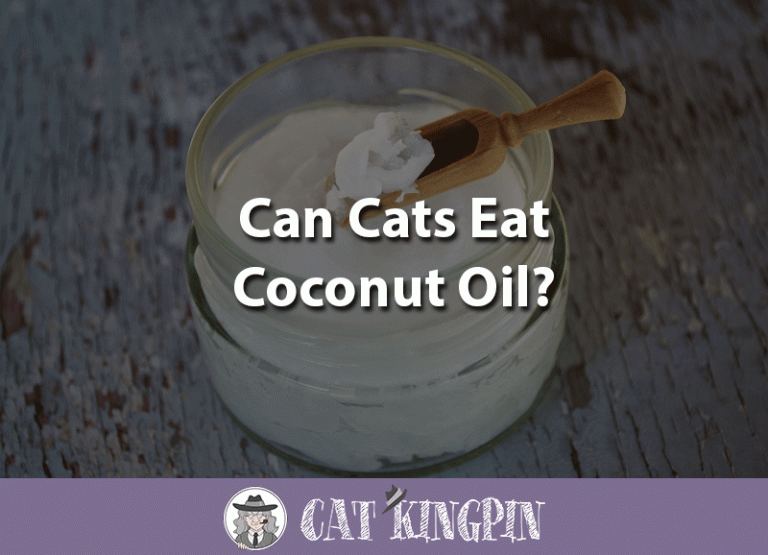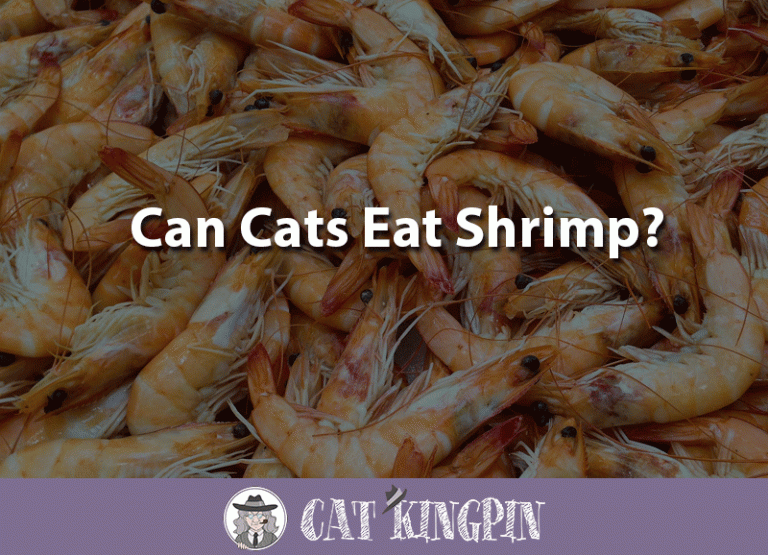Can Cats Eat Melon?
While it may sound a little strange, many cats really enjoy melon. Whether it’s watermelon, cantaloupe, or honeydew, lots of felines go absolutely nuts for this sweet, summer fruit. But is it safe?
Many human foods, including different fruits and vegetables, can cause your cat considerable harm. So let’s find out the answer to this question: can cats eat melon?
- Cats and Melon, What You Need to Know
- Can Cats Eat Melon?
- Can Kittens Eat Melon?
- Benefits/Negatives of Feeding Cats Melon
- Alternatives to Melon for Cats
Cats and Melon, What You Need to Know
Human beings have cultivating melons for over 4,000 years and they are a popular fruit in all corners of the globe. Whether eaten raw, cooked into savory dishes or used to flavor sweets, you can find melons pretty much everywhere.
There are lots of different types of melons. Thankfully, none of them are poisonous to cats, so all of our advice can be applied pretty much across the board.
Cats are most likely to be interested in cantaloupe, though the reason why is still somewhat of a mystery. It may be because other melons, such as watermelon and honeydew, have a milder taste, but who knows? Cats like what they like.
Luckily, melon can be safely incorporated into your cat’s diet as long as you do so sparingly and carefully.
Can Cats Eat Melon?
Melon won’t do your cat any harm, as long as it’s given as a sweet treat on occasion and doesn’t become a regular staple in your cat’s diet.
While cats can safely eat all sorts of melon, let’s take a closer look at cantaloupe, as it seems to be a feline favorite.
Cats probably like cantaloupe because of its smell. Cantaloupe contains volatiles (which are essentially the chemicals that make some foods smell more than others) that are made up almost entirely of amino acids. Amino acids are, not coincidentally, the building blocks of meat protein.
It’s very possible that cantaloupe smells like meat to your cat, which could explain why so many cats are crazy about it!
Whatever the type of melon, here are a few tips on giving your cat a bit of melon safely:
- Only offer melon occasionally as a treat. Too much may give them diarrhea!
- Make sure to remove any trace of the rind.
- Remove all seeds from the melon before giving it to your cat. The seeds aren’t good for cats and can pose a choking hazard.
- Cut the melon up into very small pieces. Don’t just hand your cat a whole slice!
This cat is going to town on a melon (though they owner probably should have cut up little pieces)!
Can Kittens Eat Melon?
When it comes to young kittens, it’s always better to err on the side of caution. Getting too creative with your kitten’s diet can be a recipe for disaster. First of all, kittens need optimal nutrition in order to grow up to be healthy adult cats and are better served with a diet of quality kitten food, such as Blue Kitten Health Growth, which lists meat as the first ingredient, is high in protein, and is grain-free.
Secondly, getting your kitten used to eating human food when they are young is a great way to ensure that your kitten grows up to be a picky cat!
There’s nothing wrong with giving your cat a little bit of human food to provide some variety in their diet, but it’s best not to do so with kittens.
Benefits/Negatives of Feeding Cats Melon
Melons of all types contain a variety of vitamins and minerals that can be beneficial to kitty health.
For example, cantaloupe is famous for its potassium and vitamin B. Watermelon contains thiamine, folate, and potassium. And honeydew is a great source of vitamin C and potassium.
But honestly, these benefits are minimal if your cat is regularly eating a high quality cat food that is made up primarily of meat like Blue Wilderness High Protein Grain-Free Cat Food.
The real benefit of sharing a bit of melon with your feline friend is bonding. Fostering a healthy bond of love and trust is the best gift you can give your cat, and if a little melon helps cement this love, then so be it.
Offering your cat a bit of melon as a treat is a great way to reward them, treat them to a little variety in their diet, and strengthen the human/cat bond.
The rare cat who actually likes honeydew (despite the lack of meaty amino acids)!
Alternatives to Melon for Cats
If you’re not sold on giving your cat fruit, there are plenty of other ways to give your cat a taste of something sweet.
While most cat treats are meat-based, some brands offer varieties with fruit added to their recipes. Stick with grain-free treats if possible, such as Wellness Kittles Chicken and Cranberry.
You can also experiment with food additives for cats, such as Weruva Pumpkin Patch Puree. While pumpkin isn’t exactly a fruit, it’s a sweet vegetable that your cat may love! This puree only contains two ingredients and is great for kitty digestion.
If your main reason for giving your cat melon is because of the extra vitamin boost, you should also consider giving a vegetable or two, such as peas, which contain a lot of the same vitamins and minerals as fruit and is usually well accepted by cats (especially if it’s mixed with their food).
So, Can Cats Eat Melon?
Yes! You can safely give your cat a little bit of melon as a treat once and a while. While cats are most likely to be interested in cantaloupe, feel free to experiment with other types of melon such as watermelon and honeydew.
Remember to only give your cat very small, bite-sized pieces of melon, remove all the seeds and the rind, and only give them as an occasional treat.
It’s also important to remember that melon should never be the main part of your cat’s everyday diet. Your cat is best given a steady (and, yes, boring) diet of high-quality cat food, such as Blue Wilderness High Protein Grain-Free Cat Food, which lists meat as the first ingredient and contains no grain.







